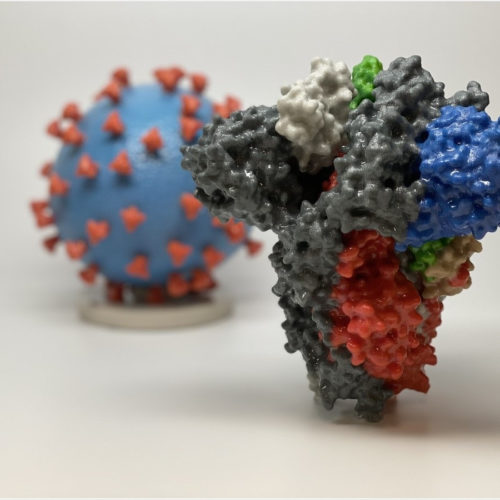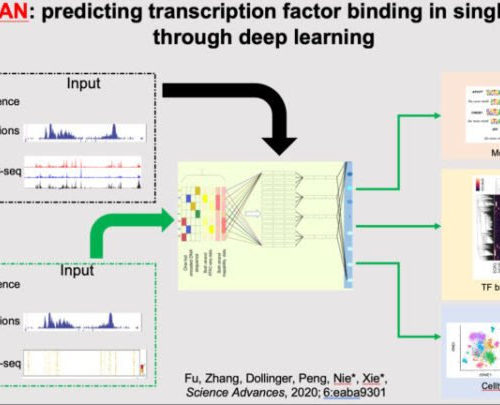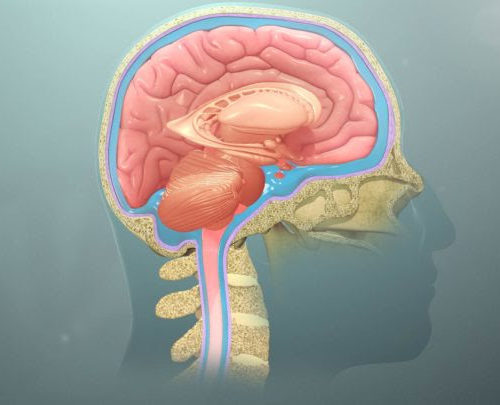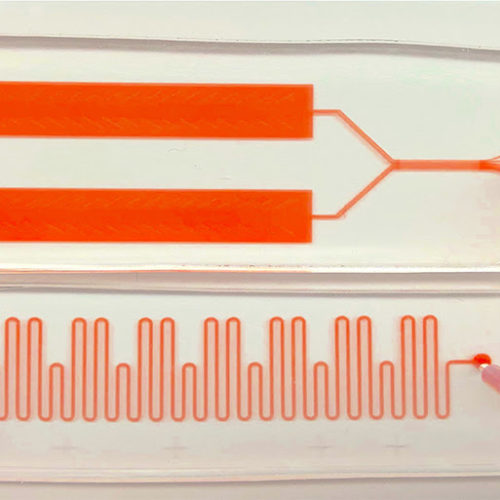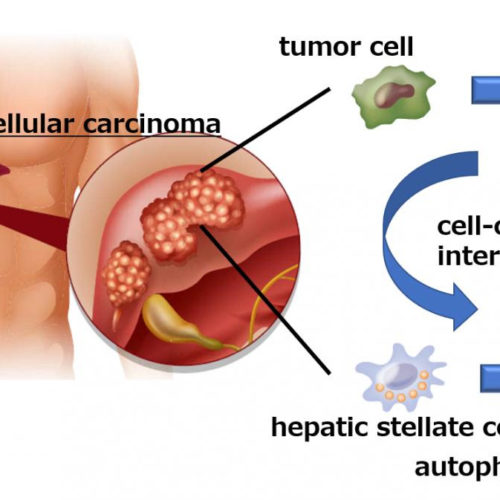by Dana-Farber Cancer Institute Credit: CC0 Public Domain Scientists at Dana-Farber Cancer Institute and Mass General Cancer Center have created molecular ON-OFF switches to regulate the activity of CAR T cells, a potent form of cell-based immunotherapy that has had dramatic success in treating some advanced cancers, but which pose a significant risk of toxic side...
Disulfide-reducing agents demonstrate potential antiviral activity against SARS-CoV-2
By Dr. Sanchari Sinha Dutta, Ph.D. Jan 6 2021 A team of scientists from the University of Saskatchewan, Canada, has recently demonstrated that chemical agents capable of reducing disulfide (S-S) bonds can be potentially used as antiviral drugs against severe acute respiratory syndrome coronavirus 2 (SARS-CoV-2), the causative pathogen of coronavirus disease 2019 (COVID-19). Their...
Researchers use deep learning to identify gene regulation at single-cell level
Scientists at the University of California, Irvine have developed a new deep-learning framework that predicts gene regulation at the single-cell level. Deep learning, a family of machine-learning methods based on artificial neural networks, has revolutionized applications such as image interpretation, natural language processing and autonomous driving. In a study published recently in Science Advances, UCI researchers describe how...
New form of neuronal communication is discovered in the human brain
We don’t quite understand how our own brain works – it is actually quite a big mystery. However, scientists are improving our knowledge of our central nervous system all the time. For example, now researchers from the University of Helsinki and Aalto University, in collaboration with the University of Glasgow and the University of Genoa, have identified...
Real-time ELISA for Continuous Blood Testing
JANUARY 5TH, 2021 Though blood tests are a routine part of clinical care and hospital labs are able to quantify a myriad biomarkers, the results only indicate measurements at certain points in time. Continuous monitoring is available for only a few analytes such as glucose and oxygen. Now researchers at Stanford University have created a device that...
Hydroxychloroquine blood levels predict clotting risk in patients with lupus
WILEY The antimalarial drug hydroxychloroquine is frequently prescribed to treat symptoms of the autoimmune disease lupus. In addition to decreasing disease flares, the drug can also prevent blood clots, which are a major problem in individuals with lupus. A new study in Arthritis & Rheumatology shows that monitoring patients’ blood levels of hydroxychloroquine can predict their clotting...
Common drug may protect hearts from damage caused by breast cancer chemotherapy
UNIVERSITY HEALTH NETWORK IMAGE: DR. HUSAM ABDEL-QADIR, LEAD AUTHOR OF THE PAPER AND CARDIOLOGIST AT THE PETER MUNK CARDIAC CENTRE AND WOMEN’S COLLEGE HOSPITAL. CREDIT: PHOTO: UHN Toronto – New research from UHN’s Peter Munk Cardiac Centre (PMCC) shows statins, commonly prescribed to lower cholesterol and reduce the risk of heart disease and stroke, may also protect...
Liver cancer cells manipulate stromal cells involved in fibrosis to promote tumor growth
OSAKA UNIVERSITY IMAGE: THE INTERACTION BETWEEN TUMOR CELLS AND STELLATE CELLS IN TUMOR MICROENVIRONMENT v CREDIT: OSAKA UNIVERSITY Osaka, Japan – Hepatocellular carcinoma (HCC), frequently seen in patients with liver cirrhosis caused by alcohol abuse or chronic viral hepatitis, is the most common form of liver cancer worldwide. As such, it is the third-most common cause of...
Heat treatment may make chemotherapy more effective
UNIVERSITY COLLEGE LONDON IMAGE: AN ARTIST’S CONCEPTION OF THE DOXORUBICIN-LOADED NANOCOMPOSITE CARRIERS BEING INTERNALIZED BY CELLS (AT THE TOP) AND REMAINING OUTSIDE CELLS (AT THE BOTTOM), WITH A BLOOD VESSEL AT THE CENTRE. CREDIT: JOURNAL OF MATERIALS CHEMISTRY B / NGUYEN T. K. THANH / FLORIAN AUBRIT / OLIVIER SANDRE / LILIN WANG Heating up...
AI algorithms detect diabetic eye disease inconsistently
by Bobbi Nodell, University of Washington Credit: CC0 Public Domain Diabetes continues to be the leading cause of new cases of blindness among adults in the United States. But the current shortage of eye-care providers would make it impossible to keep up with demand to provide the requisite annual screenings for this population. A new study...


